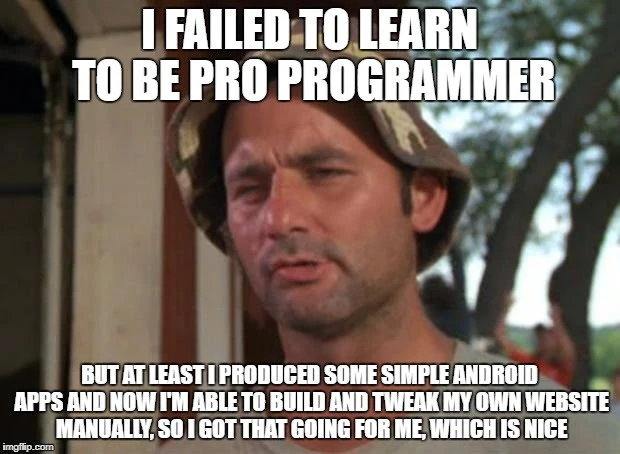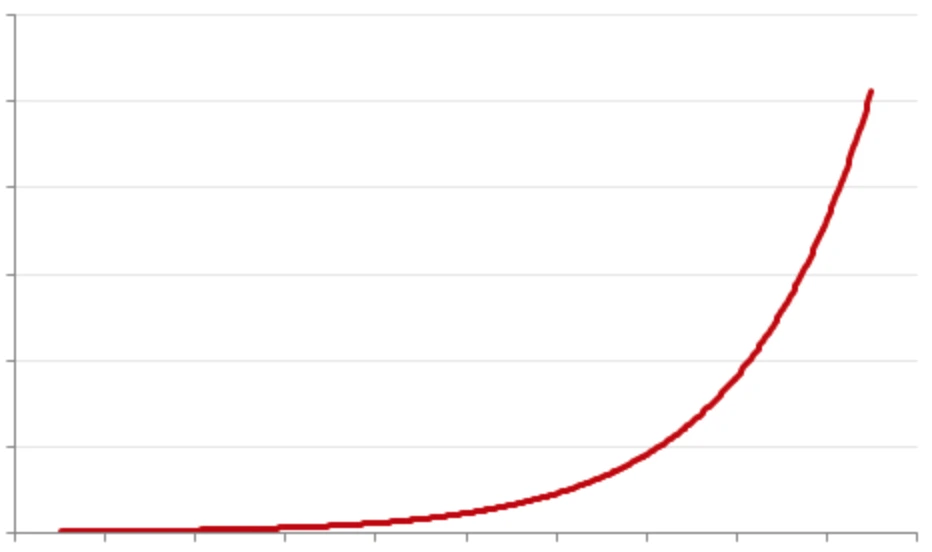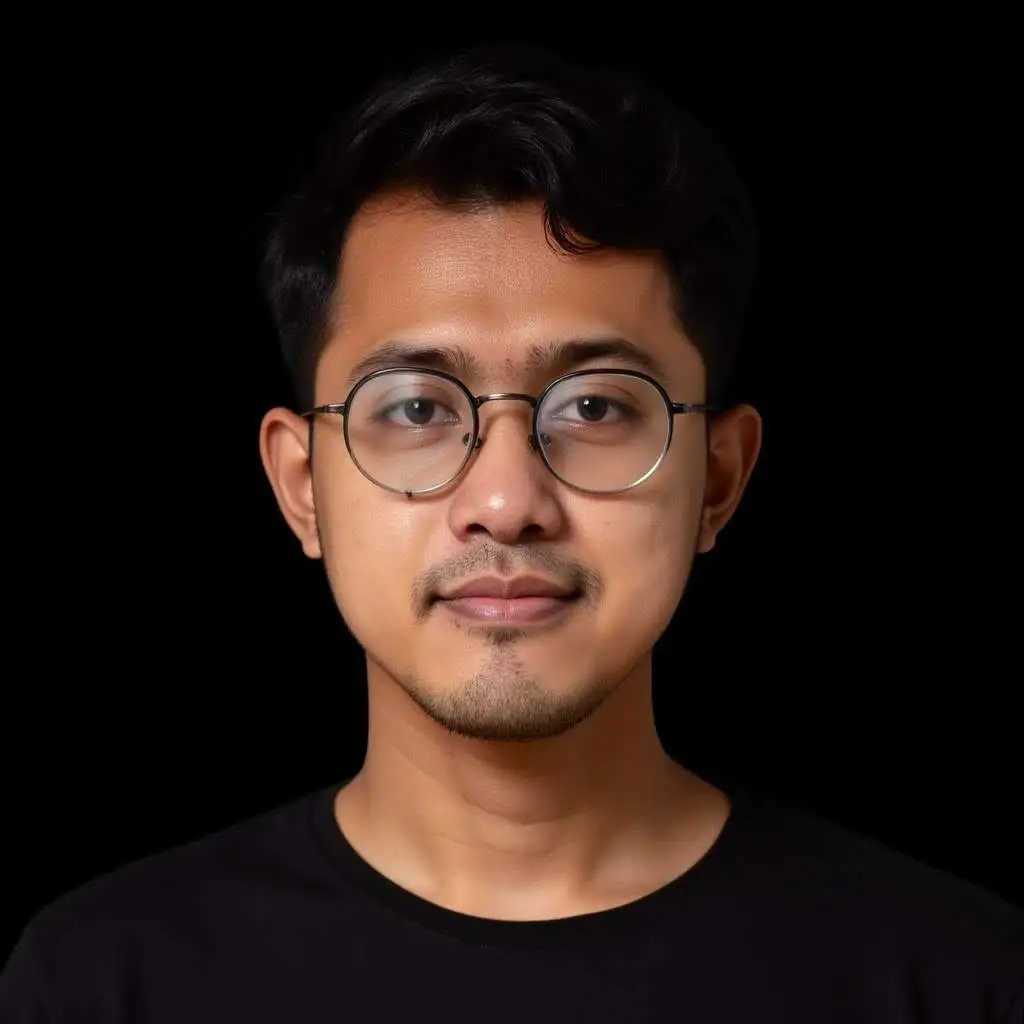The whole point of this writing is to talk about my experience when I was learning extensively about subjects I’m passionate at, while ignoring the conventional, obligatory campus’ credit system. I’m a social student, yes, but that doesn’t stop me to study computer programming, design, film theory, and variety of other subjects like astrophysics, economy, politics, or even a little about engineering. Of course, that doesn’t necessarily make me an expert in those fields, but that’s enough to make me keep wondering of how vast the mystery this universe has, how amazing life and exciting people are, and keep me feel alive (?)
The story began when I had a quite long holiday (months) in 2016, and there was a checklist that I hadn’t crossed for a long time, which was to learn code. Computer code. I always knew that I had special interest with that thing, but never paid much attention to that, busying myself with my major in school and organization activities. Until finally I had time to reflect on what I hadn’t done but still eager me to dive in, I decided to kickstart it by myself. The journey wasn’t all easy: I was stressfully stuck on understanding a single line of code many times, repeating a-minute-long video course for like endlessly because I never came to grasp the concept, or once giving up for weeks because my codes didn’t work. Just like the first time we learned to ride a bicycle or driving, or starting to learn a new language, it was hard. And most of the time, it was very hard.

Jumping to 6 months later, I was still no expert in coding. Haha, no kidding. But at least now I can build my own simple Android apps, personal website, tweak backend settings manually by altering its codes and databases, read some popular programming languages like Java, Python, and sets of typical web development syntax like HTML, CSS, JavaScript, and a bit more. In my leveled-up efforts, I joined Google Developer Group to engage with programming community and enrolled in Indonesia Android Kejar, which later gave me an opportunity to attend the Awarding Night as a speaker to share my experience of learning coding from zero. There are more impressive people out there who’s succeeded in learning programming or even ethical hacking by themselves, which I think are super cool. But I think I know enough to realize how much I don’t know, which makes me understand how long I need to learn more.
The point is, no matter how slow or little your progress is, learning is learning, it is always building you up. And progress is progress, which is way better than a stagnation.
*
And that, was one story of me learning one thing from zero. I can provide you another story of me learning design or film theory, but this article doesn’t need to be any longer. So, let’s back to the point where I want to talk about: what I learned from those variety of learnings; learning to learn. And because I need to keep this to be about telling my stories, I put aside theories to differ this from lecture-type writing about effective study methods. These are about my findings from my learning journey, what I observed from my struggles, and some about noticing patterns to share so no other people need to relive what I did wrong.
Not hardly new findings or literal paradoxes, but I see these partially as the beauty of learning.
The Paradox
If my progress of self-taught process was drawn as a graph, it would be something like an exponential graph. The explanation was simple: I spent my first half or more than 6-months period by learning about everything I didn’t know. Like literally tried to understand everything because I didn’t know where my position was, how far I knew and how far I needed to know. It’s like when you’re a plain alien that came to earth and tried to learn about football: because of you knew nothing about it, you didn’t start to learn structurally from basic rules to basic tricks and finally to perfecting the moves. Instead, you started to learn randomly from ‘kicking’ with hands, shooting from outside the lines, or even scoring to your own goal. It was that chaotic.

But the moment I grasped the concept map of everything about the subject, it was structured organically like tree branches, and suddenly I could decide which branches I needed to follow and which ones I didn’t need to. By then, the progress was accelerated, like almost exponentially. Because suddenly I didn’t need to learn about how to be goalkeeper deeply if I was about to focus on becoming a striker, nor learning about how to be a defender, winger, or else. I could focus on the bigger picture, the rules, what role I want to take in the game and what lessons I need to learn. The rest is about practicing with cases for improvement.
I Can’t Learn A Subject Unless I Already Knew It Before
When I realized that I spent more than half of my time only scratching the ground before really lifting off for an actual learning, or in another sentence: “I cannot learn a subject unless I already knew it before”, I coined to myself the term “paradox of learning”. Why a paradox, because the goal of learning was to know -at the least, about something. But I realized that I can never learn about that ‘something’ if I never had a knowledge of it before. But if I already had a knowledge about that ‘something’ before, why would I need to learn about it in the first place?
Sorry if I cannot make it simpler, but maybe this quote from the famous philosopher will help:
“(A) man cannot search either for what he knows or for what he does not know. He cannot search for what he knows–since he knows it, there is no need to search–nor for what he does not know, for he does not know what to look for.” –Socrates
I bet the quote makes it more confusing. Haha, kidding_._ I hope you get the point.
I tried to dig about the “paradox of learning” and was a bit surprised when I found that there was an actual philosophical discussion focusing on the subject called “learning paradox”, and the quote above was repeatedly being discussed. There are several expressions to explain about the ‘paradox’:
- You must know an idea before you can learn it, but you only learn ideas you don’t know.
- You can’t learn something unless you already know it, but the process of learning suggests you don’t previously “know” what you are trying to learn.
- If we do not understand something, then we cannot set about learning it, since we do not know enough to know how to begin.
The point is, whenever you plan to learn about something, you must be at the point where you already knew about it partially. But that doesn’t necessarily make you in no need of learning it more; instead, it’s the starting point where you know how much you don’t know, then you can start by learning to fulfill the gap where you still don’t know or able to practice. In other way, if you don’t have a mentor to teach you, you’ll be spending a big part of your starting time of learning by exploring the subjects randomly; scratching the ground, grasping everything from the most random part to the most important, but you will treat it similarly because you still not able to prioritize what you need to learn. But by the moment you get the big picture, you’ll see the essentials, and be able to create your own path of learning and following it accordingly.
Don’t give up if you’re really new at learning something.
It’s always hard in the beginning.
It’s just the law called “paradox of learning”.
It’s just like you’re a plane, facing the wind moving on your direction.
But eventually, the wind is the very thing that lift you up.
*I’d like to talk further and share my best practices of this experiences, so if you have any question, just reach me at raihankalla@gmail.com
**There’s this good article explaining about paradox or learning by Dr. Matt Moody, Ph.D. called The Learning Paradox
***
Epilogue
Outside of the learning paradox, I also have these two takeaways from my self-taught experience, which isn’t even hardly new, but I think no less important than the prior, and need to repeat it here so you’ll have another time to remember.
The More I Practice Something New, The More I Will Fail
To understand or to know of something is one thing, but to be skilled at something is a whole different level. To know something, you need to read, ask for explanation, and digest it thoughtfully. But to be skilled, knowing is just the baseline; you need to practice, train your muscles and brain coordination. It takes time, weeks, months, years, or even decades. But it’s always worthy of your time.
The catch is, the more someone starting to practice, the more failures will stand before her/him. It’s not a bad thing. It’s just how training works. And because everyone, literally everyone, is needed to fail before the eventual success.
“Ever tried. Ever failed. No matter. Try again. Fail again. Fail better.”
– Samuel Beckett
The More I Learn, The More I Realize How Little I Know/Understand
Strangely speaking, it’s just like the wise man said, or just like every proverb that in almost every language on earth have. It’s something about “the wiser someone, the more down to earth someone.” In Indonesia, the kids were taught the line “air beriak tanda tak dalam”, which broadly translated into “rippling water shows its shallowness”. I know it’s just a proverb, but I think everybody need to experience it firsthand. To feel the enlightenment state of someone who thinks she/he knows something, learn more about that something, to finally understand that actually she/he knows nothing. And I guarantee you, knowing nothing won’t make us feel bad, but hopeless yet humble. Knowing that universe is far beyond us yet exciting to be explored, we have an urge to learn. Endlessly 🙂
